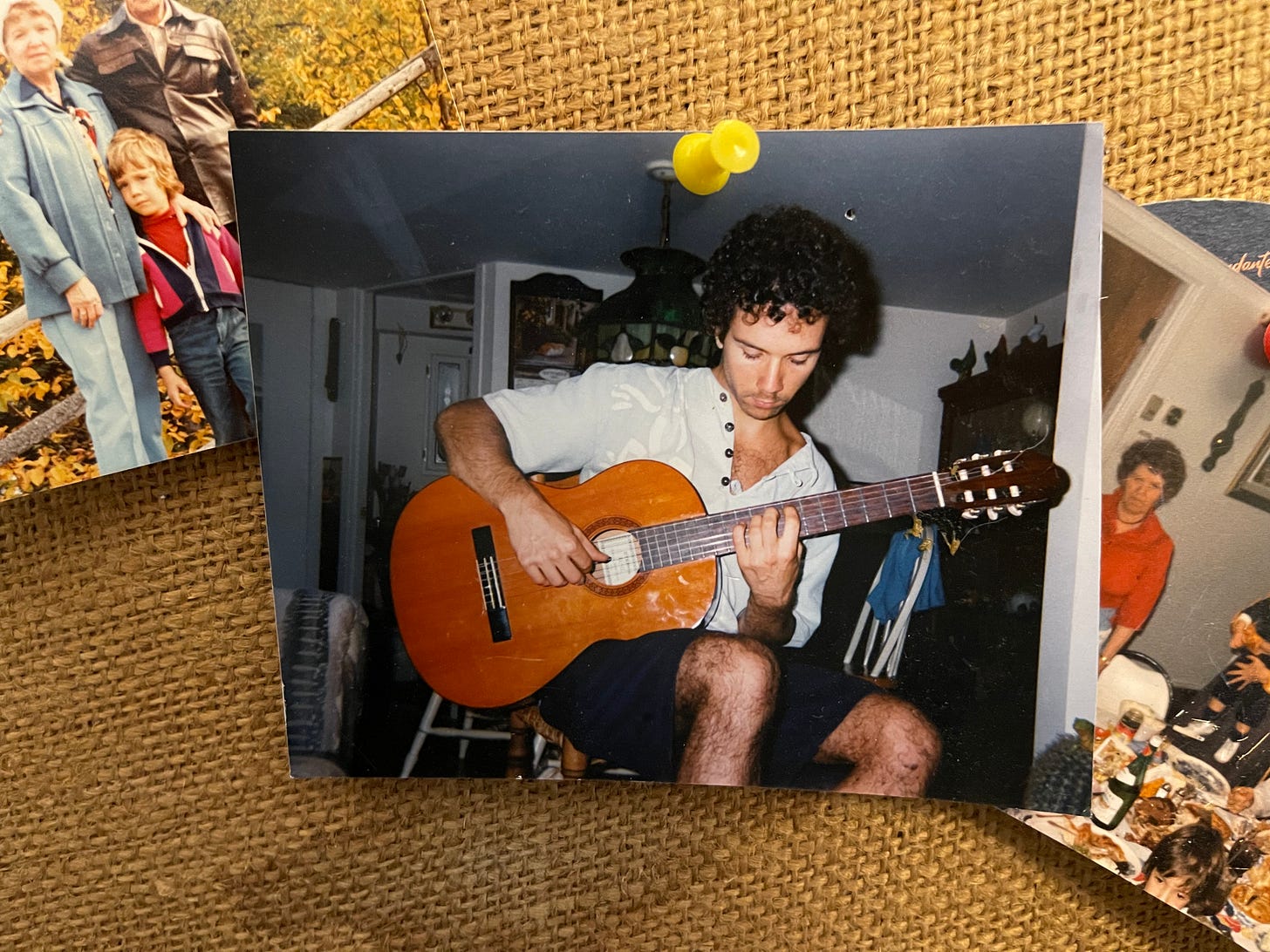What learning languages and music have in common
Learning French more effectively using principles of musicianship
I am a failed musician!
At the late age of 17, nearly 18, I picked up the guitar for the first time.
My friend, nickname was Pedge, saw that I was practicing like crazy, up to six to eight hours a day, but I didn’t have a method. He suggested I attend a music school to learn properly.
I told him, “But I don’t know music theory.”
He answered, “You still hav…




